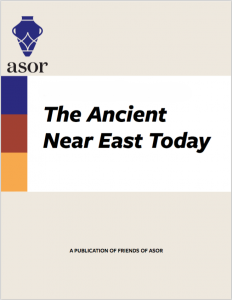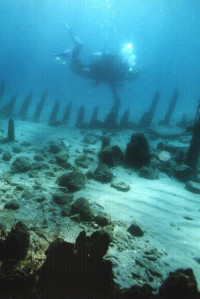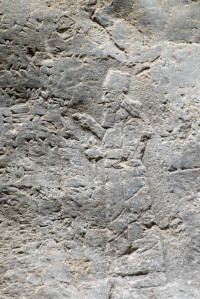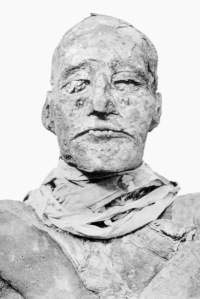

January 2016
Vol. 4, No. 1
Welcome to The Ancient Near East Today Volume IV, No. 1! In this issue we travel from Iraq to Egypt, with a dive off the coast of Israel.
We begin with Ehud Galili and Sarah Arenson, who look at the challenges of managing Israel’s underwater archaeological resources. Next, Helen Malko describes an important project to document Mesopotamian monuments, from ancient sites to early modern buildings. From our sibling publication, Near Eastern Archaeology, we’re pleased to present a version of Renate Müller-Wollermann’s discussion of crime and punishment in ancient Egypt.
We’re also pleased to highlight a video of Susan Alcock’s important plenary talk from ASOR’s 2015 Annual Meeting, and scholarship reports from ASOR-supported students.
As always, we encourage you to send The Ancient Near East Today articles to family and friends, post links to Facebook and Twitter, and to be in touch with the editor. Remember, being a Friend of ASOR is free, so please spread the news!
 Israel’s Marine Archaeology Treasures – An Endangered Cultural Resource
Israel’s Marine Archaeology Treasures – An Endangered Cultural Resource
By: Ehud Galili and Sarah Arenson
The Maritime cultural heritage of Israel is an integral part of human history, from the Neolithic revolution to the first Empires as well as the foundation of monotheistic religions. Responsibly preserving that heritage is an immense challenge.
READ MORE
 Preserving the Past: the Mapping Mesopotamian Monuments Project
Preserving the Past: the Mapping Mesopotamian Monuments Project
By: Helen Malko
Since the appearance of the so-called Islamic State or Daesh in Syria and Iraq, the world has been faced with a vicious attack on cultural heritage aimed at erasing the rich and diverse history of the people in this region.
READ MORE
 Crime and Punishment in Pharaonic Egypt
Crime and Punishment in Pharaonic Egypt
By: Renate Müller-Wollermann
In ancient Egypt crimes are acts against other persons or the state. Punishments are official, not private sanctions against persons who committed crimes. The term for “crime” is bt3. A capital crime is bt3 ‘3 (n mwt), “great crime” (worthy of death). Egyptian sources for crimes and punishments are extremely diverse but are primarily texts such as royal decrees.
READ MORE



